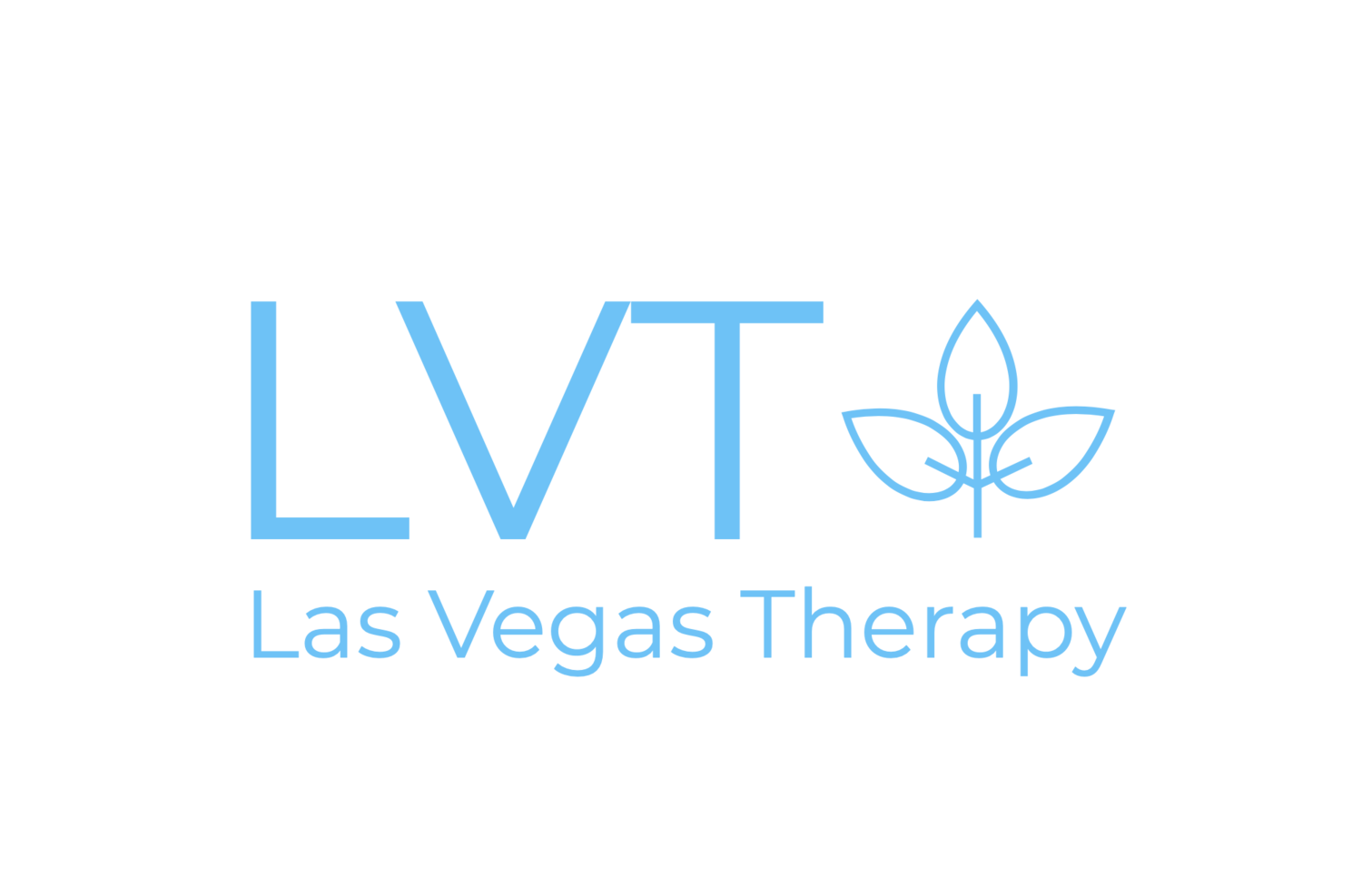Emotionally Focused Therapy for Couples (EFT) is a type of therapy that is specifically designed to help couples improve their relationships and resolve conflicts. It is based on the idea that emotionally meaningful interactions are at the core of how we relate to others, and that when these interactions become distressed or problematic, it can lead to conflicts and other problems in the relationship. EFT is a structured therapy that is based on a specific model of how relationships work, and it focuses on helping couples identify and change negative patterns of interaction in order to create a more secure, emotionally connected relationship. During EFT, the therapist works with the couple to help them understand the emotions that underlie their conflicts, and to develop new, more positive ways of interacting with each other. EFT has been shown to be effective in helping couples improve their relationships and reduce conflict.
Las Vegas Therapy has several therapists that have extensive training in EFT.




